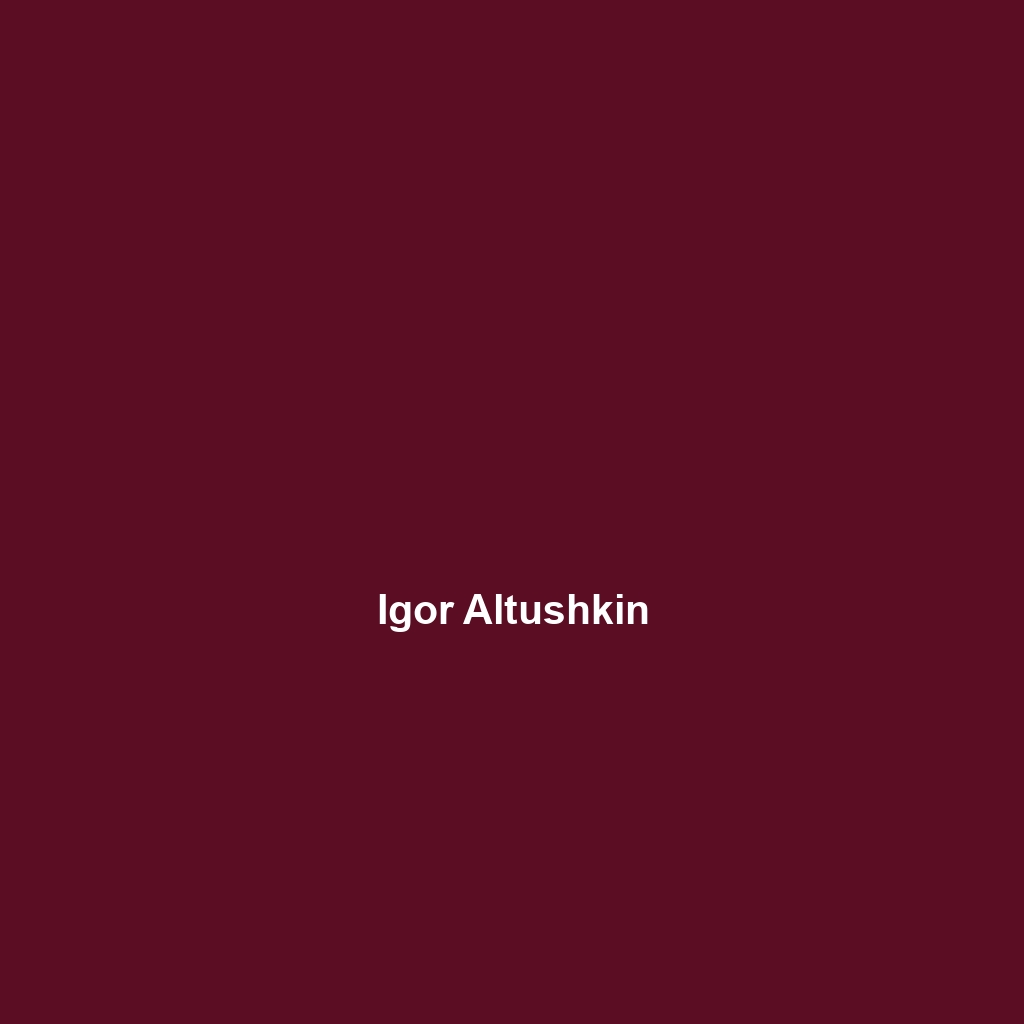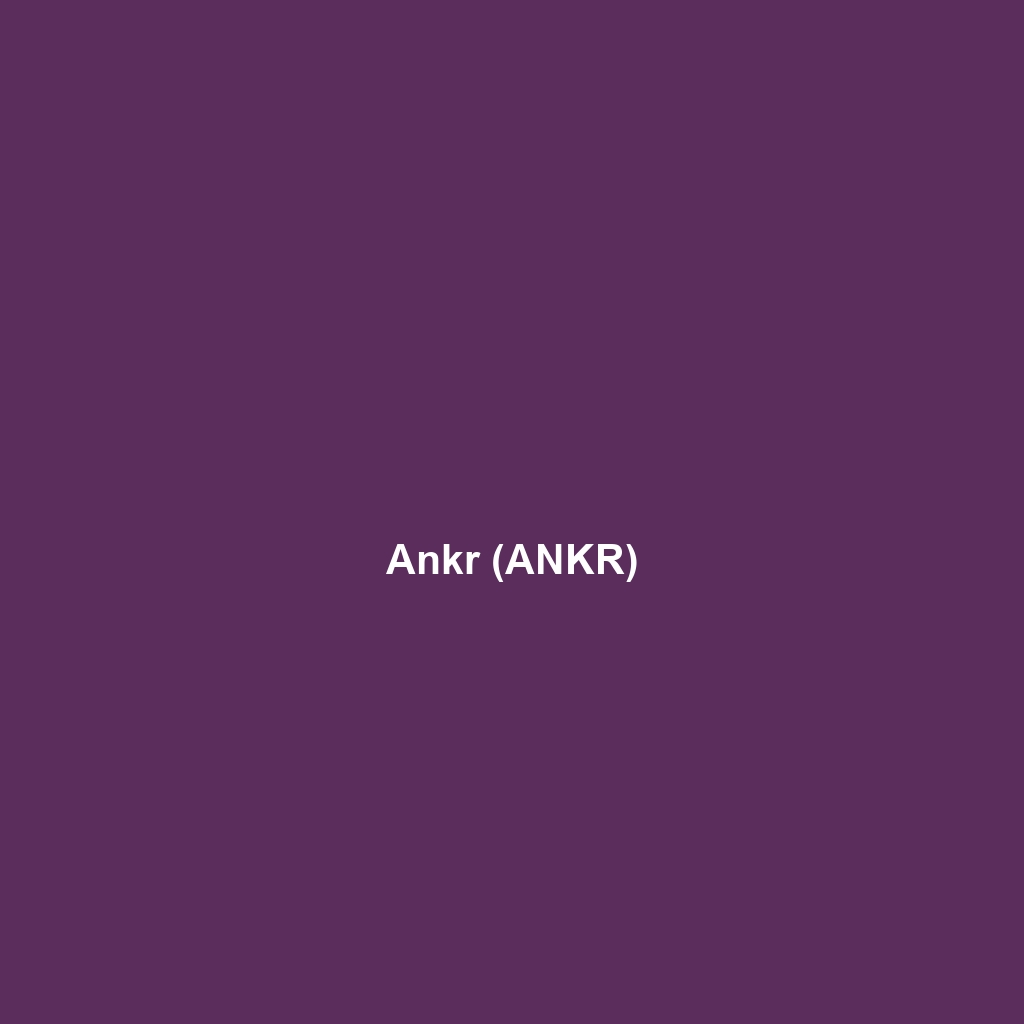Your cart is currently empty!
Tag: decentralized infrastructure

iExec RLC (RLC)
iExec RLC (RLC): A Comprehensive Overview
Name and Ticker Symbol: The cryptocurrency in focus is iExec RLC, represented by the ticker symbol RLC.
Founders, Launch Date, and History: iExec RLC was founded in 2016 by Gilles Fedak and his team, who aimed to leverage blockchain technology to create a decentralized cloud computing solution. The project launched with a significant milestone in October 2016 when it raised USD 12 million through an Initial Coin Offering (ICO), capturing substantial attention in the cryptocurrency landscape. Over the years, iExec has achieved several important developments, including partnerships with major players in various industries and the enhancement of its decentralized ecosystem.
Blockchain Platform: iExec operates on the Ethereum blockchain, utilizing smart contracts to facilitate transactions. It is primarily recognized as a layer 2 solution, which allows it to offer enhanced transaction speeds and lower fees compared to the base layer (layer 1). This design aims to meet the growing demand for decentralized applications (DApps).
Purpose and Use Case: The primary purpose of iExec RLC is to create a decentralized infrastructure for cloud computing. By utilizing its network, users can buy and sell computing resources, thus optimizing the sharing of economic value within the digital ecosystem. iExec caters to various use cases such as high-performance computing, data processing, and hosting decentralized applications, making it particularly appealing to developers and enterprises seeking innovative solutions.
Technology and Consensus Mechanism: iExec RLC employs a unique technology based on Ethereum’s blockchain. The platform operates using a delegated Proof of Stake (DPoS) mechanism, which ensures network security and efficiency. This consensus model enables users to stake their tokens to secure the network while facilitating decentralized governance and decision-making.
Supply and Tokenomics: iExec RLC has a maximum supply of 87 million RLC tokens. As of now, the circulating supply is approximately 80 million RLC, with different token uses across the ecosystem. Tokenomics includes staking rewards for users who contribute to the network’s security, while mechanisms for burning tokens may come into play as the platform grows, helping to mitigate inflation and increase demand.
Use Cases and Adoption: The real-world applications of iExec include partnerships with leading organizations in sectors such as healthcare, fintech, and artificial intelligence. Notably, iExec has collaborated with big data providers and academic institutions, facilitating the execution of applications requiring large computational resources.
Market Performance and Metrics: iExec RLC has shown significant growth since its launch, achieving a market capitalization that places it among the notable cryptocurrencies. Historical price trends indicate periods of volatility, in line with market conditions, while trading volumes fluctuate based on investor interest and broader market sentiments.
Where to Buy and Trade: iExec RLC can be traded on several cryptocurrency exchanges, both centralized (CEX) and decentralized (DEX). Major platforms include Binance, Huobi, and Uniswap, offering users various options to access and engage with the token.
Security and Risks: While iExec RLC employs robust security measures, the landscape of cryptocurrency inherently holds risks. Users face vulnerabilities related to market volatility and potential legal or regulatory challenges. Additionally, like many projects in the crypto space, iExec has faced scrutiny in the past regarding compliance with evolving regulations.
Community and Governance: The iExec community thrives on active engagement through forums and social media platforms. Governance of the network is implemented via a decentralized model, where token holders can participate in decision-making, contributing to the evolution of the platform.
Competitors and Differentiation: iExec RLC competes with several blockchain projects focused on cloud computing, such as Golem and Filecoin. However, what distinguishes iExec is its emphasis on DApps and industrial-grade applications, creating a more accessible platform for enterprises looking to leverage blockchain technology effectively.
Roadmap and Future Developments: The iExec team has outlined a comprehensive roadmap that includes enhancements to its platform’s scalability, security, and user experience. Upcoming developments include partnerships with more traditional enterprises and the introduction of new features that streamline the process for developers.
Wallet Compatibility: iExec RLC is compatible with various wallets, including hardware options like Ledger and software wallets such as MetaMask. Users can securely manage their RLC tokens across several platforms.
Regulatory and Compliance Status: iExec RLC operates within the confines of ongoing regulatory scrutiny that affects the broader cryptocurrency ecosystem. While it complies with necessary regulations, the project must continuously adapt to new legal frameworks as they develop.
Recent News and Updates: Recent updates from the iExec team highlight exciting partnerships in sectors like healthcare and artificial intelligence. These collaborations aim to explore the potential of decentralized computing in real-world applications, further enhancing iExec’s market presence.
Summary and Call to Action: In summary, iExec RLC (RLC) stands at the intersection of blockchain technology and cloud computing, offering innovative solutions that cater to a diverse range of applications. Its unique structure, robust community support, and a commitment to decentralized principles position it as a cryptocurrency worth following in 2023 and beyond.
For additional insights, visit UpCube.net. For more details, check out the cryptocurrency’s official website or whitepaper.

Ankr (ANKR)
Ankr (ANKR): A Comprehensive Overview
Name and Ticker Symbol: Ankr is a cryptocurrency that operates under the ticker symbol ANKR.
Founders, Launch Date, and History
Ankr was co-founded in 2017 by Chandler Song and Ryan Fang, who aimed to provide a solution for decentralized infrastructure services. The platform launched its mainnet in early 2019, marking a significant milestone in its development. Since then, Ankr has witnessed several key events, including partnerships with various blockchain projects and ongoing developments aimed at expanding its ecosystem.
Blockchain Platform
Ankr operates as a decentralized infrastructure platform built primarily on the Ethereum blockchain, positioning itself within the realm of web3 technologies. It utilizes a unique architecture, labeling itself a Layer 2 solution, which optimizes the use of blockchain technology for cloud computing services and decentralized applications.
Purpose and Use Case
The primary purpose of Ankr is to democratize access to blockchain resources, making infrastructure more affordable and accessible. Its main use cases include:
- Decentralized Cloud Services: Providing serverless computing power and storage via blockchain technology.
- DeFi Applications: Enabling developers to interact with various decentralized finance protocols efficiently.
- Web3 Development: Offering tools and resources for developers building decentralized applications (dApps).
Technology and Consensus Mechanism
Ankr employs innovative technology that integrates blockchain with cloud computing. It utilizes the Proof of Stake (PoS) consensus mechanism, which enhances energy efficiency and promotes better scalability compared to traditional Proof of Work systems.
Supply and Tokenomics
The maximum supply of ANKR tokens is capped at 10 billion, with a circulating supply that currently stands at approximately 8 billion tokens. The tokenomics of Ankr include staking rewards for those who participate in the network’s security and the potential for token burns to decrease supply and increase scarcity.
Use Cases and Adoption
Ankr has established real-world applications in various sectors, partnering with projects like Ethereum, Polygon, and several others in the DeFi space. Its infrastructure services are utilized by numerous blockchain networks to facilitate scalability and decentralized data storage solutions.
Market Performance and Metrics
As of now, Ankr holds a strong market position with a market capitalization exceeding $1 billion. Historical price trends indicate a steady increase since its inception, exhibiting reasonable volatility which is typical in the cryptocurrency market. Daily trading volumes often range in the millions, reflecting active participation among traders.
Where to Buy and Trade
ANKR can be traded on various centralized exchanges (CEX) such as Binance, Huobi, and KuCoin. Additionally, it is available on decentralized exchanges (DEX) like Uniswap and SushiSwap, making it versatile for both retail and institutional investors.
Security and Risks
While Ankr utilizes advanced security measures, the cryptocurrency sector is susceptible to vulnerabilities. The project has not faced any major hacks, yet investors should be aware of potential legal and regulatory risks associated with decentralized finance. Users are encouraged to follow best security practices to safeguard their investments.
Community and Governance
Ankr employs a community-driven governance model that allows token holders to propose and vote on important decisions affecting the network’s future. Community engagement is fostered through forums and social media channels, creating a participatory environment focused on transparency and collaboration.
Competitors and Differentiation
Ankr faces competition from other blockchain-based infrastructure projects like AWS Blockchain and Fantom. However, Ankr differentiates itself by offering highly affordable solutions and an easy-to-use interface designed for developers, ensuring lower barriers to entry when leveraging cloud services.
Roadmap and Future Developments
The roadmap for Ankr includes significant upgrades to enhance scalability and introduce new features that will empower developers. Partnerships with leading blockchain networks are also expected to bolster its service offerings, further cementing its place as a vital infrastructure layer in the burgeoning DeFi landscape.
Wallet Compatibility
ANKR tokens are supported by popular wallets including MetaMask, Ledger, and Trust Wallet. This wide compatibility allows users to securely store, send, and receive their ANKR tokens with ease.
Regulatory and Compliance Status
Ankr operates within a complex regulatory environment. While it strives to comply with international laws, it faces challenges typical to the cryptocurrency sector, including differing regulations across jurisdictions. Staying informed about regulatory changes is crucial for both developers and investors.
Recent News and Updates
Recently, Ankr has announced partnerships aimed at enhancing its networking capabilities and a roadmap focused on integrating Layer 2 solutions to improve performance. Furthermore, the development team is actively addressing community feedback to refine service offerings based on user experiences.
Summary and Call to Action
Ankr (ANKR) presents a compelling case for those interested in the intersection of blockchain technology and decentralized infrastructure. With its robust technology, established partnerships, and ongoing developments, ANKR stands out as a cryptocurrency worth following in today’s crypto landscape.
For additional insights, visit UpCube.net. For more information, you can find Ankr€„¢s official website here.